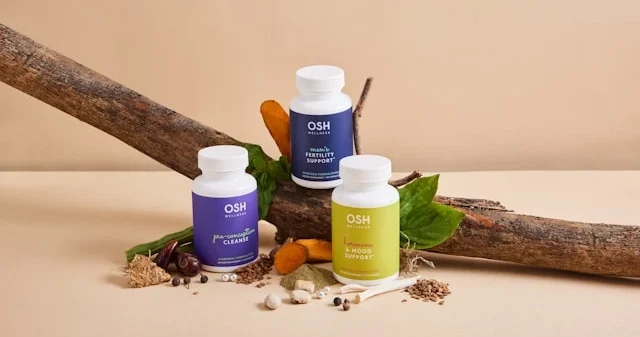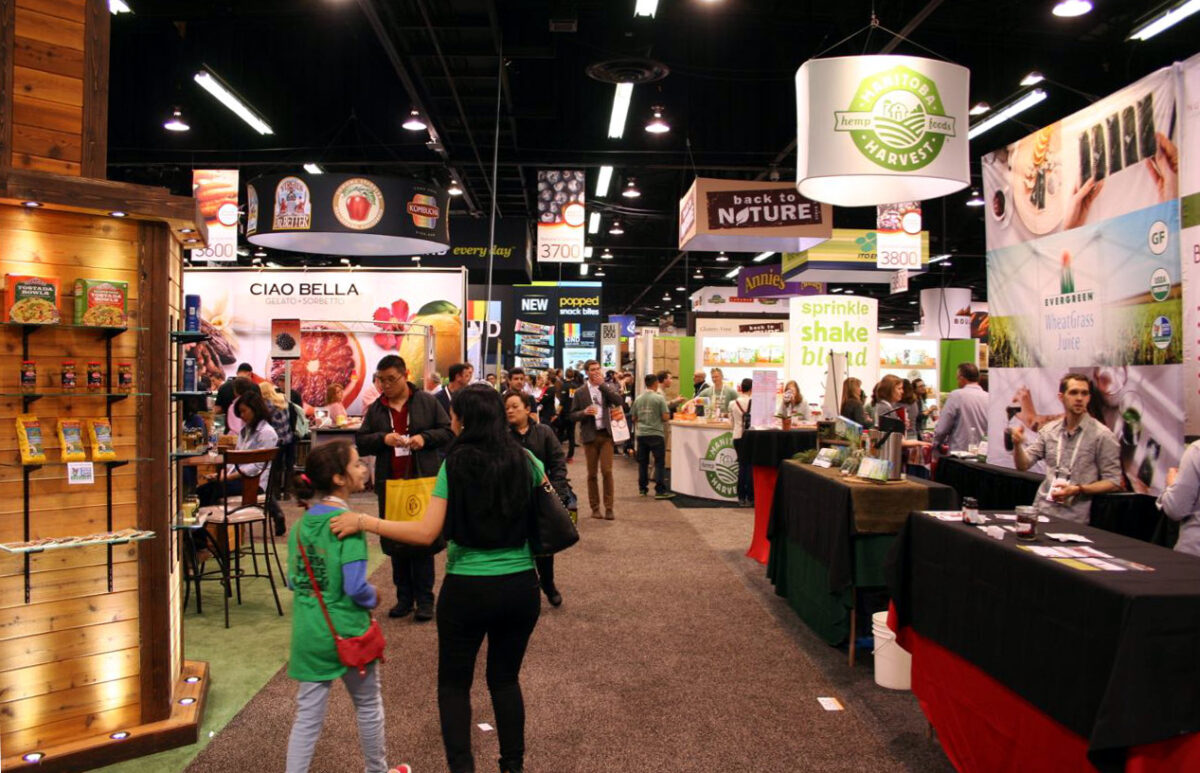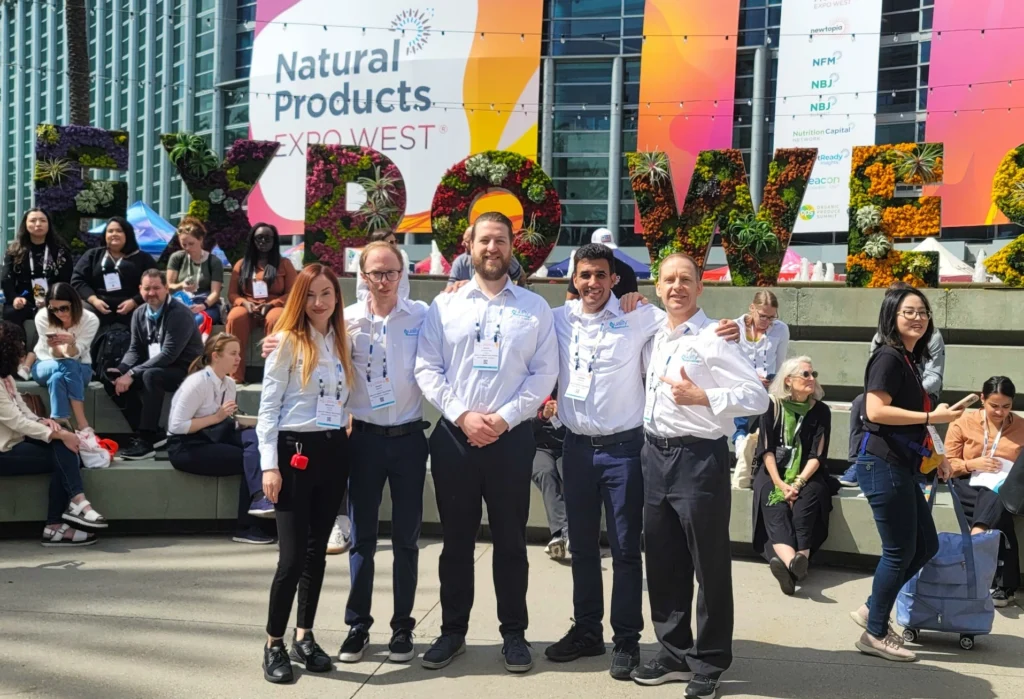
The FDA Food Labeling Compliance Program has just been updated to help food manufacturers and importers meet U.S. labeling requirements more effectively. On June 24, 2025, the U.S. Food and Drug Administration (FDA) announced a revised Compliance Program Manual (CPM) for general food labeling.
This update is part of the agency’s broader efforts to modernize food safety oversight and streamline inspections. If your business manufactures, processes, or imports packaged foods into the U.S., this change matters. Keep reading to learn what’s new and how to prepare.
What changed in the FDA labeling compliance manual?
The updated Compliance Program 7321.005 includes revised instructions for FDA investigators during routine inspections. While the foundational labeling regulations remain the same, the update improves how inspections are conducted.
It also introduces key content updates. For example, sesame is now recognized as the ninth major food allergen under the FASTER Act of 2021. Moreover, the program includes guidance on gluten-free claims and reflects the 2016 Nutrition Facts label updates, such as formatting and nutrient declaration changes. Together, these changes align compliance efforts with current laws and consumer needs.
According to the FDA’s official announcement, the revised manual aims to improve consistency across FDA field offices by streamlining inspection procedures and reinforcing how labeling regulations are interpreted and applied.
This update doesn’t add new rules. However, it indicates that inspections will become more structured and focused.
What does it mean for your business?
You might worry that a compliance program update means more paperwork or stricter rules. Fortunately, that’s not the case here. The core food labeling requirements under the Food, Drug, and Cosmetic Act (FDCA) and Fair Packaging and Labeling Act (FPLA) remain the same.
Still, your business should pay close attention. FDA investigators will now be guided by updated inspection procedures. This includes a focus on:
- Proper display of net quantity of contents
- Accurate ingredient and allergen declarations
- Appropriate use of nutrient content claims and health claims
So, even though the regulations didn’t change, the way they’re enforced is evolving. That’s why it’s a good time to reassess your current food labels to ensure full compliance.
Do Canadian and international companies need to act?
Yes, especially if you export packaged food to the U.S. The FDA does not exempt foreign manufacturers from inspection or enforcement. Without proper labeling, your products may experience delays, detentions, or outright refusal at the border.
Fortunately, you can stay ahead of these changes with the right regulatory support.
How to stay compliant with evolving FDA labeling standards
Food labeling compliance can be complex, especially with different requirements across countries. That’s why working with experienced professionals is essential.
At Quality Smart Solutions, we help Canadian, U.S., and international businesses navigate FDA food labeling regulations with confidence. Our services include:
- FDA-compliant label review and formatting
- Nutrition facts table development (U.S. and bilingual formats)
- Ingredient and allergen verification
- Claims compliance for nutrient content and health statements
Need help reviewing your product labels? Contact our team to get started. You can also explore our FDA food compliance solutions and let our experts guide you every step of the way.





